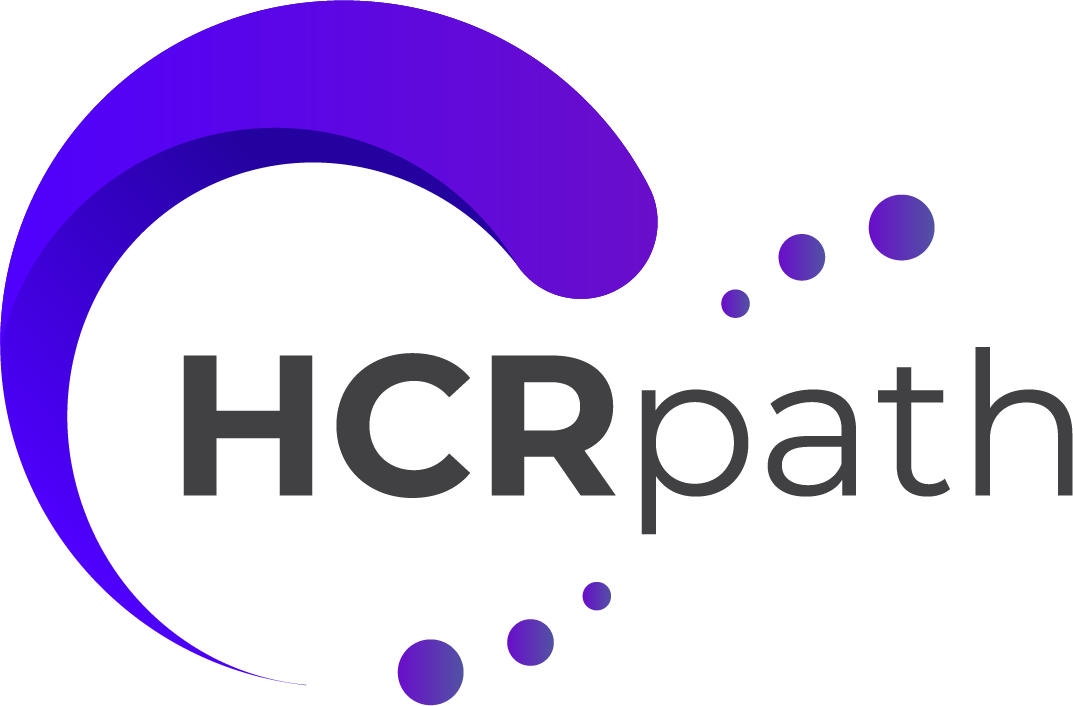Health care has come a long way in recent years, and people are living longer than ever before. A major factor in this trend is preventative health care—a type of health care that focuses on treating a person before they become ill. In today’s blog, we’ll explore the advantages of preventive health care and how it can help people stay healthy for years to come.
What Is Preventative Health Care?
Preventive health care is everything you do to prevent getting sick. This involves regular check-ups with physicians and other healthcare professionals, such as nurses and dietitians. During these visits, your doctor will assess your current state of health and provide advice on maintaining good health. This could include things like lifestyle changes (e.g., quitting smoking or exercising more), getting recommended vaccinations, or taking medications to treat any underlying conditions.
Importance of Preventative Health Care
The primary benefit of preventive health care is that it helps you avoid illness or disease in the first place. That being said, the following are other benefits of preventative health care.
- Regular check-ups can help identify potential problems early, so that they can be treated before they become serious issues.
- Preventive health care helps you maintain a healthy lifestyle by providing valuable information about nutrition, exercise, and other aspects of physical wellbeing.
- Finally, preventative healthcare can help lower overall medical costs by reducing the need for costly treatments down the line.
Preventative Health Care Tips
You can do many things to stay healthy and practice preventative health care. Here are some tips to get started:
- Getting bloodwork: Regular bloodwork can help detect signs of disease or health problems, such as high blood pressure, high cholesterol, or diabetes.
- Getting a physical: Physicals are a great way to track your health and make sure everything is normal.
- Getting vaccinations: Vaccines can protect against serious diseases such as measles, whooping cough, and influenza.
- Practicing safe sex: Preventing the spread of sexually transmitted diseases (STDs) is an important part of preventative care.
- Maintaining a healthy diet: Eating a balanced diet with plenty of fruits and vegetables is essential for staying healthy.
- Exercising regularly: Regular physical activity can help reduce your risk of developing heart disease, obesity, and other health issues.
- Avoiding unhealthy lifestyle choices: Smoking, excessive drinking, and drug abuse can all have dire health consequences.
- Getting cancer screenings: Regular screenings can help catch cancer before it spreads, improving the chances of successful treatment. This is especially important for people with a family history of cancer.
Importance of Preventative Health Care in Assisted Living Facilities
Preventative health care is especially important in assisted living facilities, where elderly individuals are particularly vulnerable to illness and disease. Regular check-ups can help detect any potential health issues before they become serious, allowing the facility’s staff to take corrective action as soon as possible. Additionally, preventive health care allows residents to maintain healthy lifestyles and helps reduce the need for costly medical interventions.
Ultimately, preventive health care is a powerful tool that can help keep individuals of all ages healthy and happy. With regular check-ups and lifestyle changes, you can greatly reduce your risk of illness and disease — ultimately leading to a longer, healthier life.
Easy Patient-Physician Communication
HCRpath is an innovative and user-friendly platform that makes it easier for providers to deliver a better patient care experience and integrate wellness visits into their service offerings. By integrating health and wellness assessments with a cross-reference of each patient’s Medicare-covered preventive visit history, HCRPath makes it simpler for doctors to monitor their patients’ well-being.
We help providers stay on top of their patient’s preventative care needs and allow them to make proactive decisions about their patients’ health. This ultimately leads to better outcomes for both the provider and the patient — and helps ensure that preventative health care remains an important part of the treatment plan.






